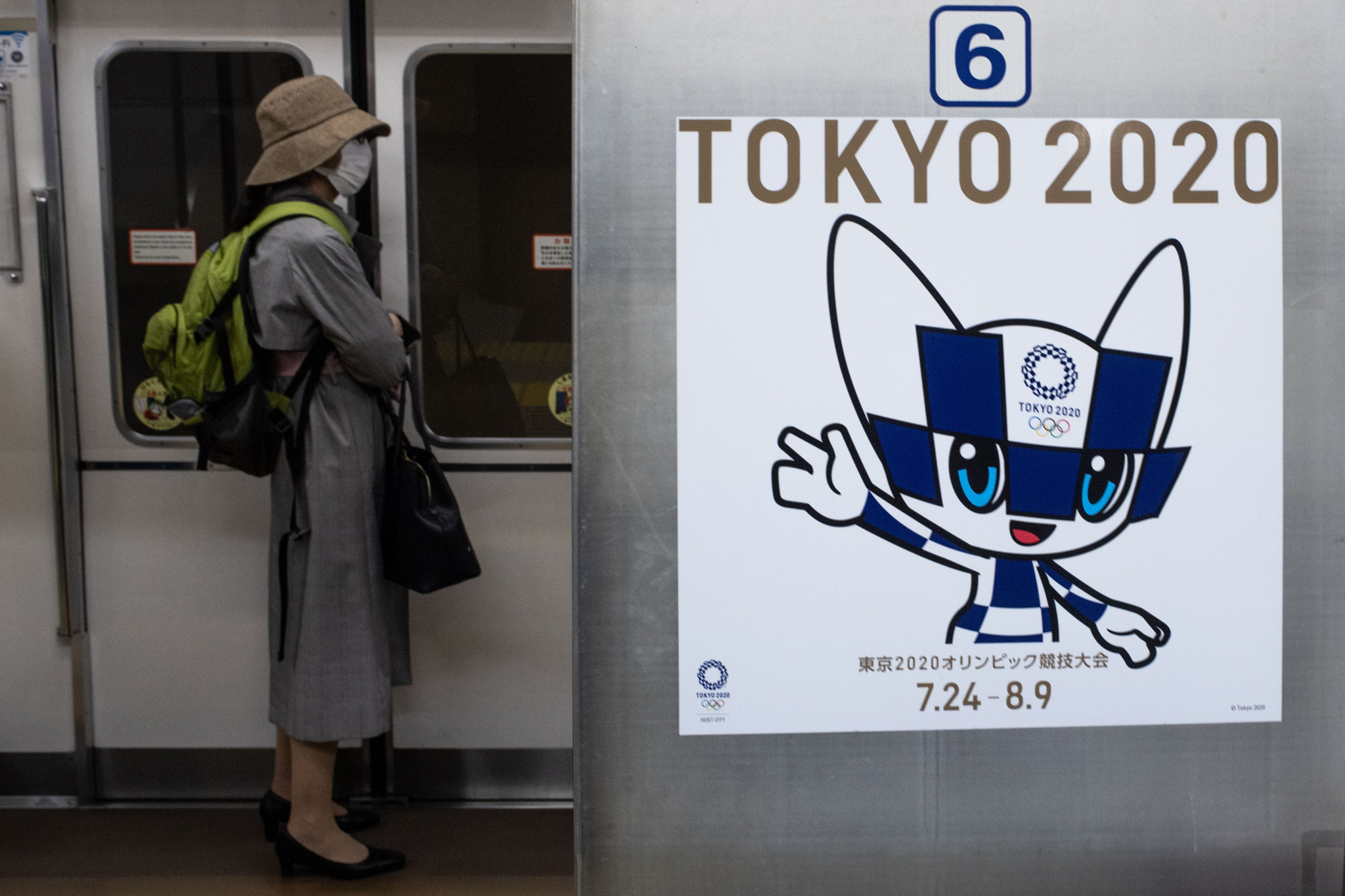The International Olympic Committee (IOC) will adopt a flexible approach to the election cycles of National Olympic Committees (NOC) following the postponement of the Tokyo 2020 Olympic and Paralympic Games.
A large number of NOCs hold their elections in the year after the Games, with Presidents and Executive Committee members serving four-year terms at a time.
Organisations were subsequently set to vote on their leadership in 2021.
This was thrown in disarray, however, after the coronavirus pandemic forced the postponement of the Olympics and Paralympics to July 23 to August 8 and August 24 to September 5 2021 respectively.
To address this challenge, the IOC will have a flexible approach to the election cycle and let NOCs decide whether to follow the four-year term of office or to follow the Olympic Games cycle and hold elections in 2021.
The IOC will grant extensions to the initial term of office on an exceptional basis.
National Federation elections are not under the direct jurisdiction of the IOC, so such bodies are expected to coordinate their approach with their respective International Federation and NOC.
The IOC have also increased Olympic Solidarity funds for exceptional Games-related costs incurred by NOCs due to the postponement of Tokyo 2020.

